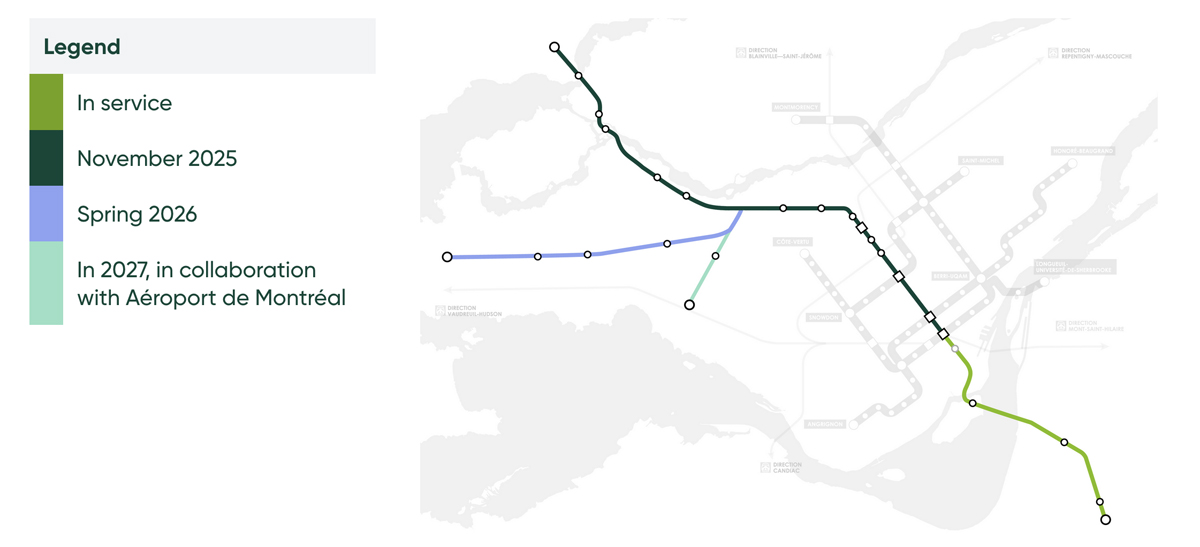
MONTREAL — The firm building Montreal’s Réseau express métropolitain light rail system has announced additional delays in opening more of the system.
CDPQ Infra said in a Thursday (Sept. 25) press release that the RM’s Deux-Montagnes branch will open sometime in November, while the Anse-à-l’Orme branch will not open until spring 2026. A year ago, CDPQ Infra CEO Jean-Marc Arbaud had said the company was “confident” the entire system would open this fall [see “Completion of Montreal’s REM now projected …,” Trains.com, Nov. 15, 2024]. Recent reports had projected an October opening for both lines.
The exact opening date for the Deux-Montagnes branch, which will replace Exo commuter rail service discontinued at the end of 2020 to allow for the light rail construction, will depend on results of current the dry-run testing process, CDPQ Infra said. That line will add 33 kilometers (20.5 miles) and 14 stations to the 17 kilometers (10.5 miles) and six stations currently in service.
The firm said the “phased commissioning will allow our operator to provide reliable service to users, continue testing on the Anse-à-l’Orme branch, and enable the ARTM [Autorité régionale de transport métropolitain] to implement the redesigned bus network to the REM stations.”
The REM, once projected for a full opening in summer 2022, has experienced a series of delays attributed to issues including COVID-related supply chain disruptions and unexpected complications in converting the 3.3-mile Mount Royal Tunnel, which opened in 1918, from conventional rail to light rail use.
The Montreal Gazette reports that CDPQ officials indicated that, with the original segment having suffered from winter reliability issues, the company was not comfortable with a winter opening for the remainder of the system. “From the beginning, we were very focused on delivering both branches at the same time, and it was our goal for months,” Denis Andlauer, CDPQ Infra’s vice president of operations, said at a press conference. “But when we saw that we had to improve the performance, we are more comfortable in the end doing it in two steps to make sure that we have the human capacity to address all that we will find.”






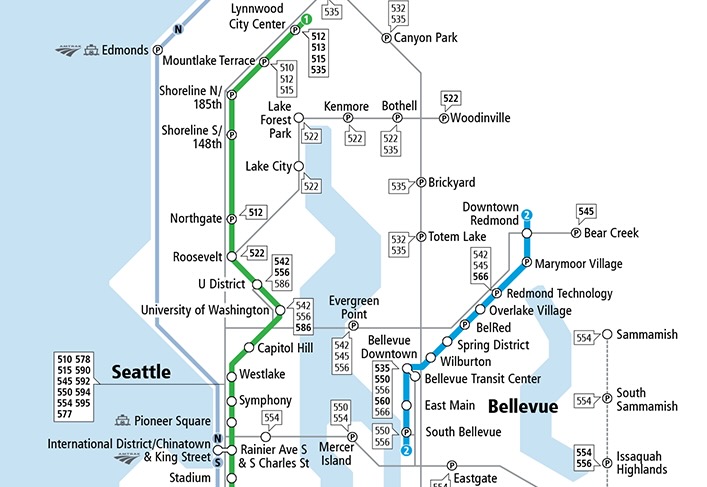
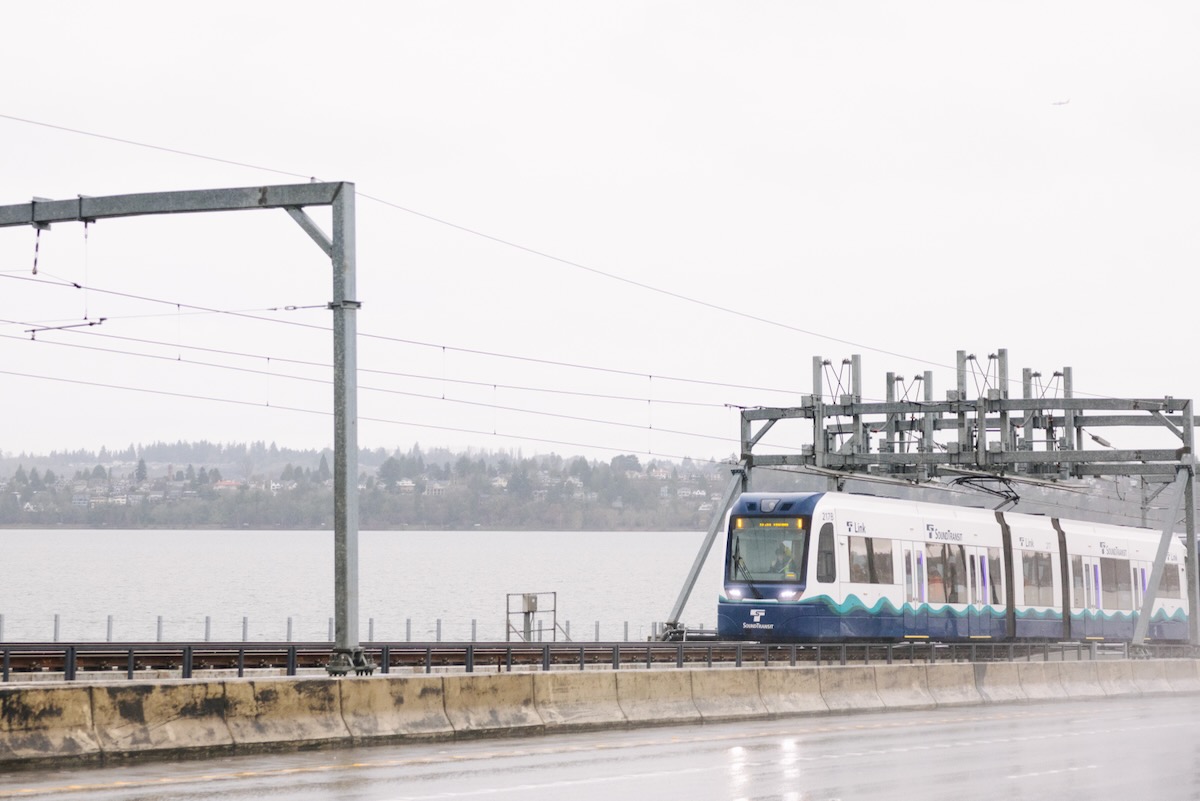
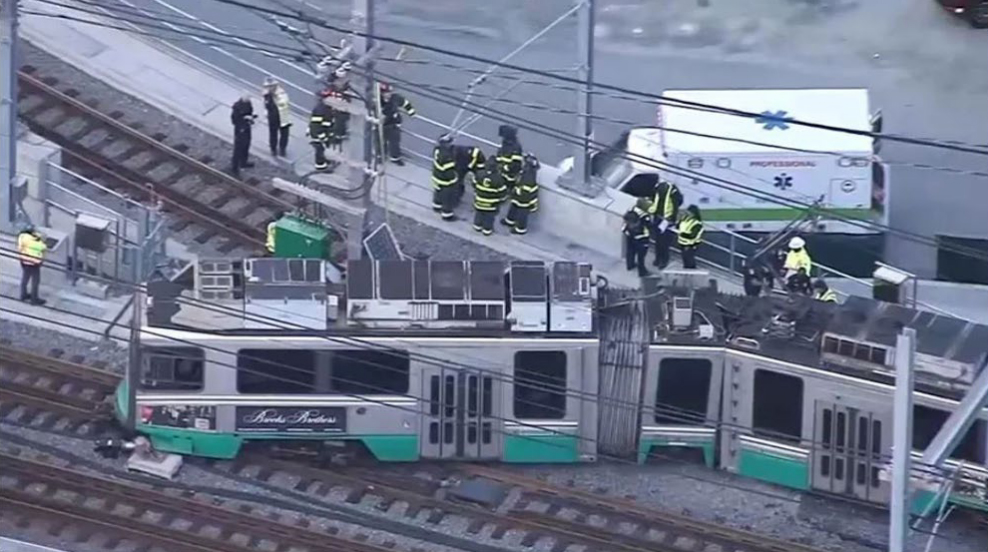
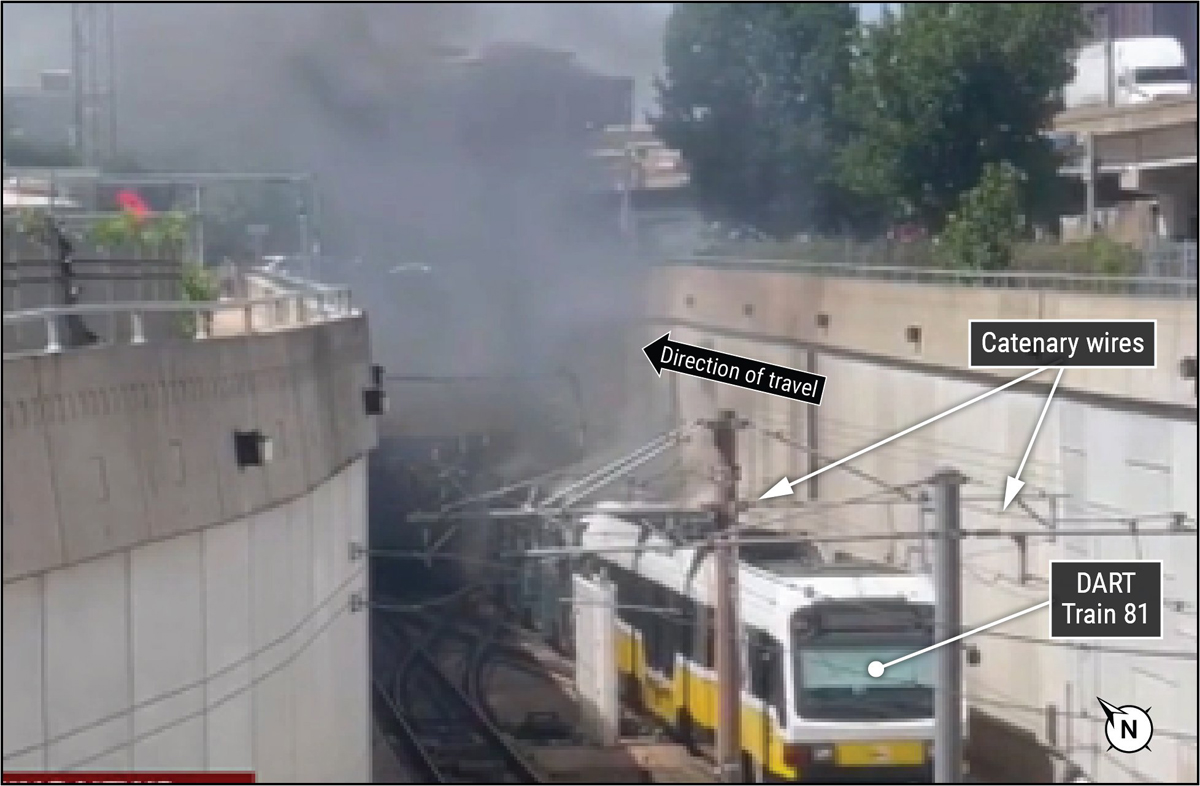




A four year delay. My, my my. Just maybe Montreal should have kept the Exo commuter rail system.